
Televised – Roland Clark
this blog is GROOVY – check out great Soul, Funk, Jazz, Hip Hop, Bass, Breaks , Reggae, House n many more TUNES
House music, a genre that makes the body move and the heart groove, has an origin story as colorful as a disco ball spinning under neon lights. Let’s dive into this funky journey through house music’s history while sprinkling in some chuckles along the way!
Imagine Chicago in the early ’80s. Clubs were bumpin’, DJs were mixin’, and people were looking for a sound that connected them to something bigger than themselves. It all kicked off at The Warehouse, where DJ Frankie Knuckles brought his magic touch to dance floors. He started blending disco beats with electronic sounds, giving birth to what we now call house music.
You might wonder how house got its name! Legend has it that folks called it “house” because of its connection to The Warehouse. But here’s a funny twist: by the time people figured it out, “house” became more about getting down on the dance floor than just one club!
As word spread like wildflowers, DJs began experimenting with new styles—enter deep house, acid house, and funky house! Who knew you could fit so many subgenres into those four letters? It’s like ordering tacos and realizing there are over ten toppings to choose from!
Artists like Marshall Jefferson dropped classics like “Move Your Body,” which not only bopped heads but also taught everyone how to express themselves through movement.
Larry Heard—known as Mr. Fingers—was diving deep into producing tracks during work hours at a bank! Can you imagine hitting ‘send’ on your investment report while simultaneously creating a global anthem? Talk about multitasking!
With rave culture booming in Europe during the ’90s, especially in cities like London and Berlin, house started infiltrating pop culture. From underground clubs to mainstream radio waves faster than you could say “pump up the jam,” icons like Daft Punk took us on robotic rollercoasters powered by irresistible beats.
Daft Punk was known for their iconic helmets—a true bit of mystery wrapped in funkiness! When asked why they wear them, they simply said it lets fans focus on their music rather than who they are. Or maybe they just feared being recognized while buying groceries? Who knows!?
Fast forward into the new millennium when genres collided harder than hippos trying ballet dancing! We saw mash-ups featuring elements from R&B, hip-hop, techno—you name it! Producers such as Calvin Harris turned out chart-topping hits reminding us that you could absolutely cut loose while keeping an eye on Billboard charts.
The rise of digital platforms helped numerous talented creators share their grooves globally; suddenly anyone with software could drop beats right alongside legends!
When Scottish DJ Calvin Harris first broke onto scene fame levels soared high—but did you know he once tweeted about managing social media accounts for kittens before shooting straight up into superstardom? That tweet didn’t quite land him any cat videos but surely raised some eyebrows across Twitterverse!
Now we find ourselves jiving with superstars collaborating across boundaries—from Beyoncé’s killer tracks boasting sick bass lines influenced heavily by house vibes (“Get Me Bodied,” anyone?) all thanks back down two decades ago when knuckleheads from Chicago put records together amidst disco balls illuminating dark rooms filled with bodies moving freely.
New artists sprinkle flavors everywhere—artists such as Disclosure blend garage vibes within contemporary production appealing even those who very recently found solace curating Spotify playlists instead hitting up nightclubs every weekend since vinyl won’t make itself turntables if don’t get spinny-spinning action!
Here’s something amusing; countless couples have met and fallen madly in love at electronic dance music festivals over years leading us question whether romance exists solely because two people shared earbuds synchronized somehow blissfully losing consciousness amid pulsating rhythms?! It must be true because there’s no shortage of wedding aisles decked out nightclub-style nowadays complete glittery outfits blasting tunes helping partners say “I do!”
So here we are—a little primer on how far we’ve come since those early days swirling around speakers cranked high loud enough making parents shake heads wondering what happened dreams thumping beat missed entirely different era altogether than today’s radio jams gliding smoothly through airwaves universally acknowledged connecting millions worldwide reflecting joyful escapes ultimately reminding us nothing brings together humanity quite same spirit created presence astounding melodies crafted artistry passion fueled nights full memories etched forever time-frozen moments cherished groovy fun echoed endlessly across generations ahead succeeding eras waiting ever-determined keep soulful rhythm alive wherever finds itself next stepping boldly bright future beckoning forth tune-filled adventures inviting all souls join party transcending space transforming worlds beyond borders enfolding joy-filled harmony community dreamers united pulling hearts beating together our collective pulse born nostalgic roots danced start happening magical destinies yet unfold vibrant celebrated histories unfolding alongside footsteps intimately intertwined discovering rich legacies carry forward exuberance pure energy follows vibe unrestrained boundless echoes interminably evolving welcoming everyone onboard ride spiraling higher horizons infinite possibilities abound beneath shimmering glow distant stars shining brightly illuminating paths always calling onward following footprints left behind twisting turning forevermore following trails igniting hope uplifting everyone oceanic sea sparkles twinkling lively imaginations awaken invincible visions resonate harmony uplifted power transcendent free-form expression captures quintessence beautiful journey protest yet celebration celebrating life timelessness rapture bliss eternal adventure awaits!

Televised – Roland Clark
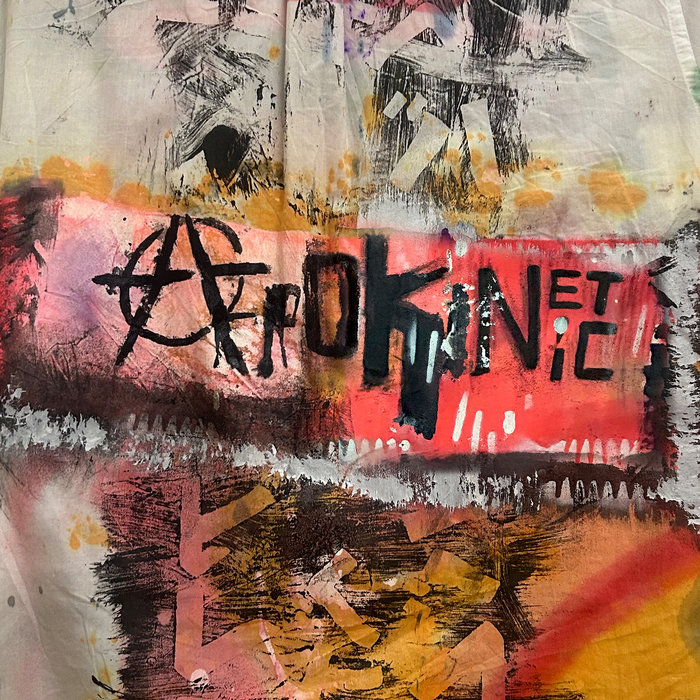
Afrokinetic – Nickodemus, Jungle Brothers, Mamadou Tangoudia
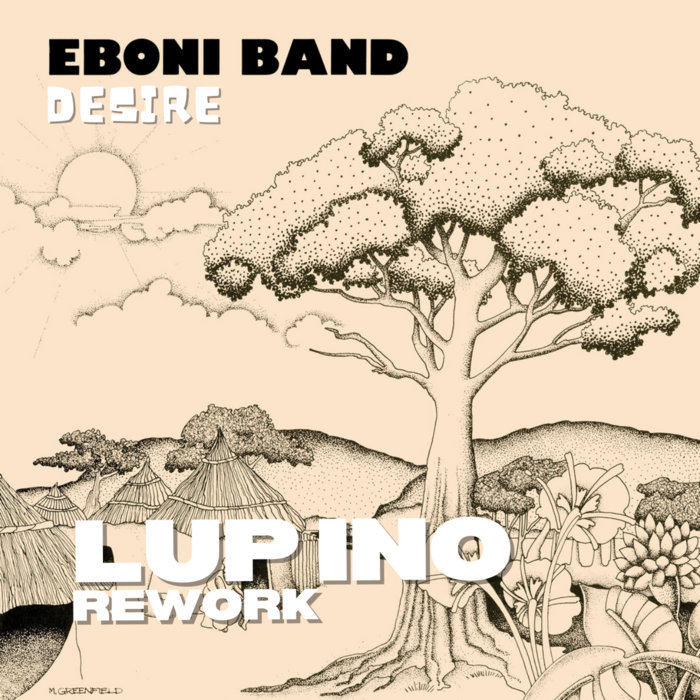
LUP INO – Desire (Rework) – LUP INO
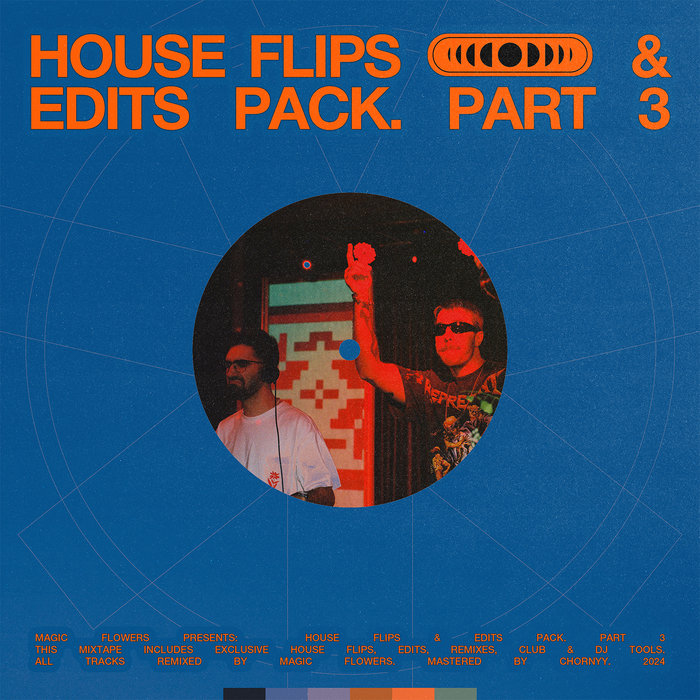
CANDLE FLAME – Magic Flowers

Something Small ft Worlasi and Cina Soul – Juls Baby
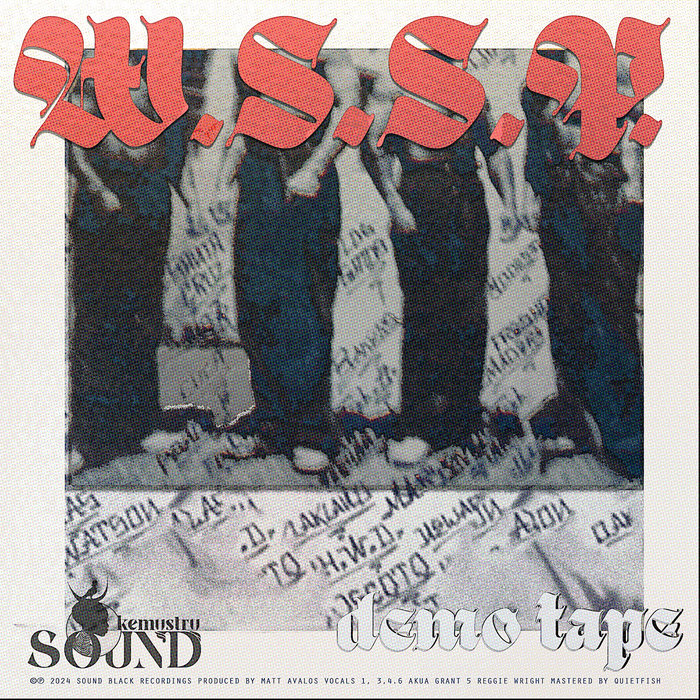
WSSP – Remember That Shit? – Lady Blacktronika
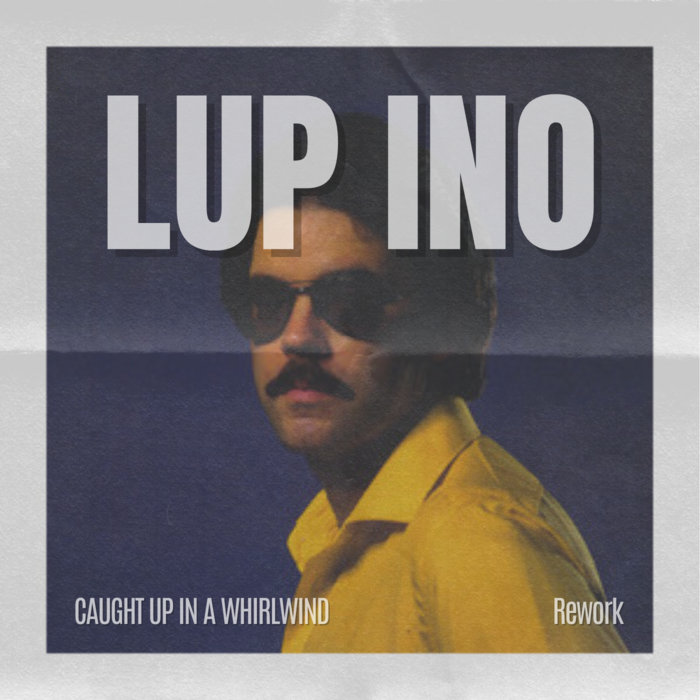
LUP INO – Caught up in a whirlwind (Rework) – LUP INO

Joey Negro X CamelPhat Y Elderbrook – Can’t Get High Without Cola (Mamba’s Throwback Edit) – Mamba Selects
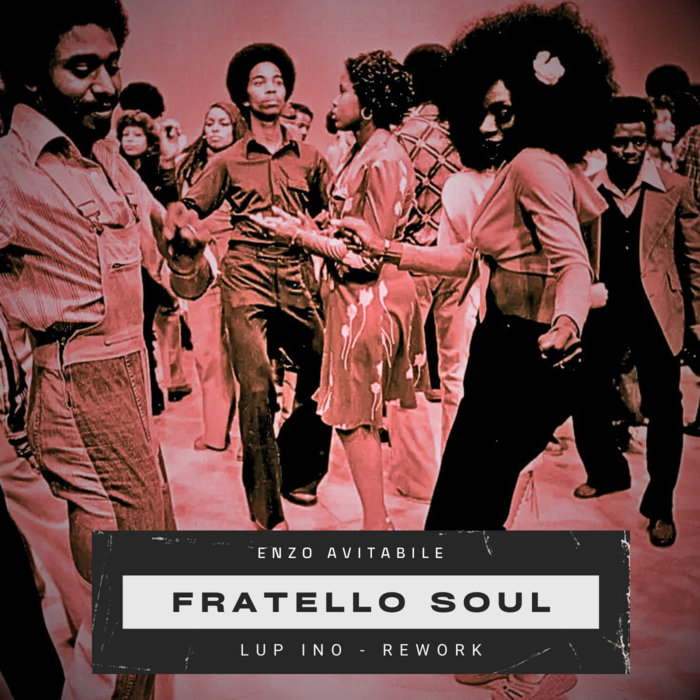
Enzo Avitabile – Fratello Soul (LUP INO Rwk) – LUP INO

Excuse Me (DAYE.Edit) – DAYE.